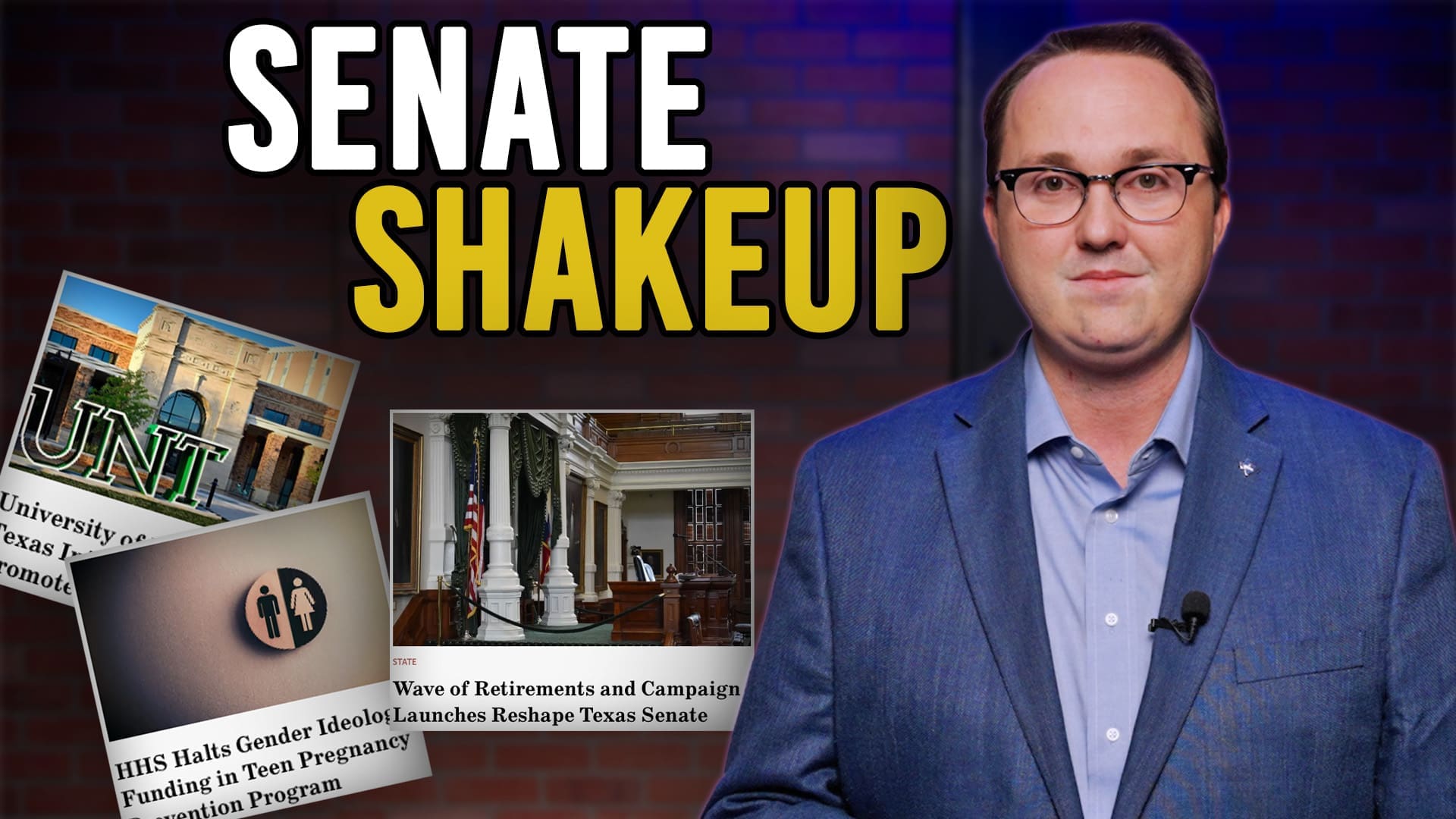Texas’ explosive growth in recent decades has begotten newfound challenges for housing affordability as the supply of new homes has failed to keep up with demand.
A panel discussion at the Texas Public Policy Foundation’s annual summit highlighted potential solutions.
Moderator James Quintero began the conversation pointing out that Texas has led the nation in job growth since the Great Recession. This has led to nine million new residents since 2000. While in many ways this is a positive development, it has also placed an unprecedented strain on Texas’ housing stock.
Panelists celebrated House Bill 2127, passed during the 2023 regular session, as a step in the right direction. Derisively known in some circles as the “Death Star Bill,” this measure provides regulatory consistency by preempting local regulation across several areas. As State Sen. Mayes Middleton (R-Galveston) explained, local regulations are costly and almost always “take money out of people’s pockets.”
Middleton went on to deride the practice of taxpayer-funded lobbying, calling it “compelled speech” and “just fundamentally unfair.” Middleton explained that this practice is a substantial reason housing costs have spiraled out of control because local governments have louder voices in Austin than taxpayers. Middleton vowed to revisit the topic in the next legislative session and predicted that both school choice and a ban on taxpayer-funded lobbying would pass along similar vote lines.
TPPF Attorney Chance Weldon explained that one thing that sets Texas apart from other states is that the Texas Constitution treats property rights as a “fundamental, natural, right.” This gives property owners more opportunities for redress via the courts. Weldon also distinguished between restrictions required by law and those that come through voluntary association: “You’re not supposed to treat your city council like it’s your HOA [Homeowners Association].”
Nichole Nosek of Texans for Reasonable Solutions related how it takes over 1,400 steps to obtain a building permit in Austin. Unfortunately, other jurisdictions across the state aren’t much better. Nosek pointed out that at least 25 percent of the cost of a home is the direct result of regulation, often (though not always) of an environmental variety. Nosek further derided how “the far left will go to extreme lengths to see that people don’t have property rights.”
Not all the news is bad for residents of the state’s capital city. While Austin is often treated as an example of what not to do, recent efforts by the city to streamline a few development regulations have led to one of the largest price declines in the country.
Housing affordability will likely be a major topic of discussion when the Texas legislature reconvenes in 2025.





